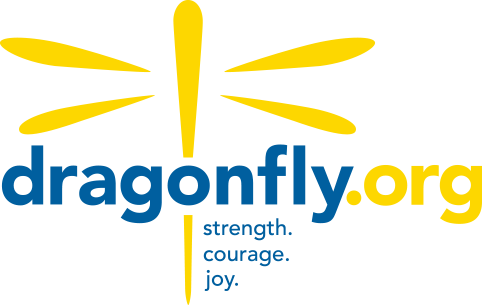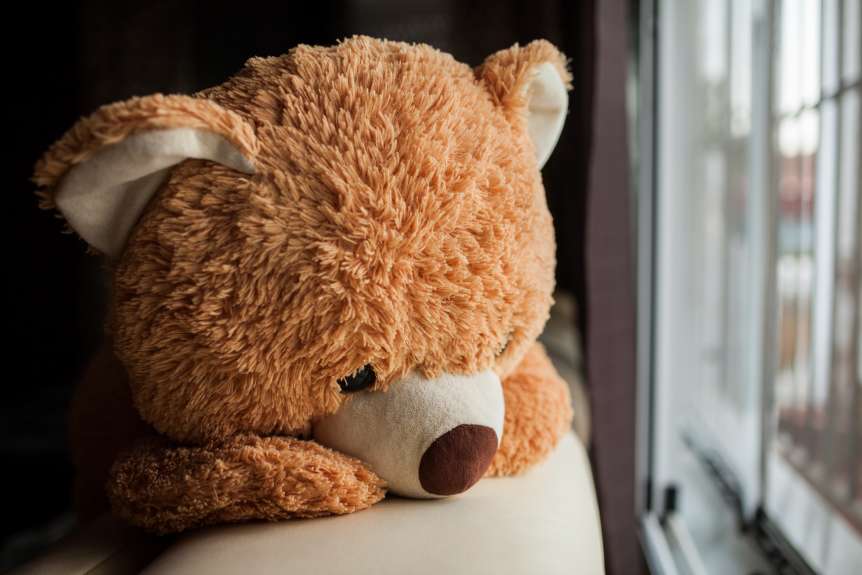The process of diagnosis and then establishing the best protocol for a pediatric cancer diagnosis is like going to war. Truly. There is so much waiting and anxiety associated with that, as well as managing a scared and sick child, dealing with a job, other kids other obligations and then back to the unknowns associated with cancer. Just writing this makes me anxious, especially since I have experienced it with my granddaughter. NOT EASY.
An article in Health Link titled, Emotional Issues After Childhood Cancer appeared in its Version 4.0 / 10/13/2017 issue. The article speaks about the challenges not only to the significant other, parent or caregiver but also for the child. Children worry about their parents, their lives, and their illness. Like in PTSD, they are called survivors. Mostly I like the word survivor, as it means the treatment is working and there is hope for the future. Now all can breathe easier and get on with it – NOT!! One reason I am writing about this article is that it recognizes the stresses of survivorship and how it can lead to intense emotions from both the ill child and their family members. For some survivors, risky behaviors may begin to surface. The article points to three symptoms to watch for that are typically seen in people with post-traumatic stress syndrome (PTSD):
- Unwanted recall of unpleasant memories of cancer
- Physical or emotion overreactions
- Going out of the way to avoid reminders of cancer.
Not everyone shows all three symptoms, but you may recognize a few in your own life and/or in other members of your family. The problem is even one of these symptoms may get in the way of relationships, school, work and/or other aspects of daily life. For example, remembering to take daily medication may be a challenge, as it can be conveniently forgotten and may have dangerous consequences.
The article lists risk factors that can make it more likely depression or anxiety will happen and when to seek help:
- Female gender
- Adolescent or young adult age
- Prior trauma
- Mental health or learning problems before childhood cancer
- Low levels of social support
- Parental history of depression, anxiety, or PTSD
- Cancer of the brain or spine (central nervous system [CNS])
- Cancer treatment to the CNS (radiation to head, chemotherapy into spinal fluid)
- Treatment with Hematopoietic Cell Transplant (bone marrow or stem cell transplant)
Of importance is to know when to seek help. 1) Do the symptoms last two weeks or more 2) is it interfering with the ability to do tasks associated with daily living, such as homework, sports or work. I think it is important to have an idea of the possible signs can be so they can be addressed:
- Changes in appetite and weight
- Crying easily or being unable to cry
- Constant tiredness and low energy level
- Sleeping a lot
- Not sleeping well
- Feeling hopeless; thoughts of death, escape, suicide
- Increased irritability
- Decreased interest in activities that had been pleasurable in the past
- Unwanted recall of painful aspects of cancer
- Feeling extremely fearful, upset or angry when thinking about cancer
- Physical reactions (rapid heart rate, shortness of breath, nausea) when thinking about cancer
- Avoiding health care visits
- Refusing to talk about cancer
It is always best to share your concerns with your health care provider or psychologist/counselor to get the care that should happen and is deserved.
While I have focused on the negative possibilities, for some survivors and their families, there can be personal growth. Yes, many come out of this with meaningful and beneficial changes in their lives, attitudes and relationships.
One aspect of The Dragonfly Foundation is that patients and their families remain dragonflies through the various phases and challenges of cancer. They are not a “one-time date, get over it and get on with it” organization. Absolutely NOT!! Through them, families can participate in ongoing emotional health and awareness programs. Importantly, they can connect with others experiencing similar life-changing cancers and challenges from bone marrow transplants.
Here is link to the article I referenced should you want further detail: http://www.survivorshipguidelines.org/pdf/emotionalissues.pdf
— Contributing Writer: Elaine Plummer, RN, [email protected]


